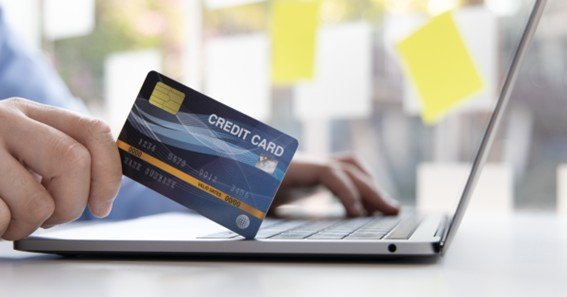In a world where digital payments are increasingly prevalent, it can be challenging to stay on top of monthly bills and due dates. That’s why com cap f1 auto pay has gained attention as a method to automate and manage recurring payments.
Whether you’re looking to avoid late fees or simply want to streamline your financial routine, enrolling in an auto-pay system can be a game-changer.
In this blog post, we’ll break down how auto pay works, its primary benefits, potential drawbacks, and how you can set yourself up for success when using it.
What Is Com Cap F1 Auto Pay?
Com Cap F1 Auto Pay is an automated payment feature that allows you to schedule regular transfers from your bank account or credit card to cover recurring expenses. By authorizing the platform (or financial institution) to withdraw funds on specified dates, you reduce the risk of missed or late payments.
Key Benefits of Auto Pay
- Convenience
- With auto pay in place, you no longer need to manually process payments each month. A set-it-and-forget-it approach frees up time and mental energy.
- Avoid Late Fees
- Scheduling your payments ensures your bills are paid on time, every time, helping you sidestep costly penalty charges.
- Better Credit Score
- Late or missed payments can damage your credit. Auto pay helps preserve and potentially boost your credit score by preventing delinquent accounts.
- Reduced Paperwork
- Automatically handling transactions eliminates the need for paper checks or bills, making it an eco-friendlier option.
- Predictability
- Know exactly when funds will be withdrawn, allowing you to budget and manage your cash flow more effectively.
Potential Drawbacks
- Overdraft Risk
- If your account balance is low on the withdrawal date, auto pay could trigger overdraft fees. Set alerts or maintain a buffer to avoid this.
- Less Visibility
- Automating payments might reduce the urgency to review monthly statements, possibly causing you to miss suspicious charges or errors.
- Difficulty Canceling
- Stopping or altering an automatic payment may require several days’ notice. Plan ahead if you anticipate changes in your payment schedule or amounts.
Tips for Successful Auto Pay Usage
- Track Your Balances
- Set up reminders or notifications to ensure sufficient funds are available on scheduled withdrawal dates.
- Review Statements Regularly
- Even though payments are automated, make it a habit to check monthly statements for any billing discrepancies.
- Establish Alerts
- Receive text or email alerts that confirm each scheduled payment has gone through. This helps maintain oversight on your transactions.
- Maintain Up-to-Date Information
- If your bank account or credit card details change, update them promptly to avoid failed payments.
- Start Slowly
- If you’re new to auto pay, consider enrolling one or two bills first to get comfortable with the process before automating all payments.
FAQs
-
Q: Is it safe to use com cap f1 auto pay for all my bills?
A: Generally, yes. Auto pay is designed with security protocols like encryption. However, always monitor your statements and alerts to catch any unauthorized activity promptly.
-
Q: How do I change or cancel a scheduled payment?
A: Log into your account or contact customer support. Keep in mind that changes may need to be made several days before a payment is due to avoid processing delays.
-
Q: Will auto pay affect my credit score?
A: Automatic payments can help maintain an on-time payment history, which is beneficial for your credit score. However, overdrafts or returned payments could reflect negatively if not managed.
-
Q: What if I want to use multiple bank accounts for different bills?
A: Many auto pay systems allow you to add more than one funding source. Assign each expense to the preferred account based on your budgeting strategy.
-
Q: Are there any fees associated with com cap f1 auto pay?
A: This depends on the institution or service provider. While most providers offer auto pay at no additional cost, it’s best to review the terms or speak with customer support to be sure.










